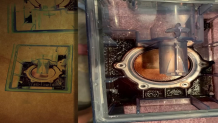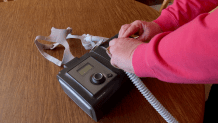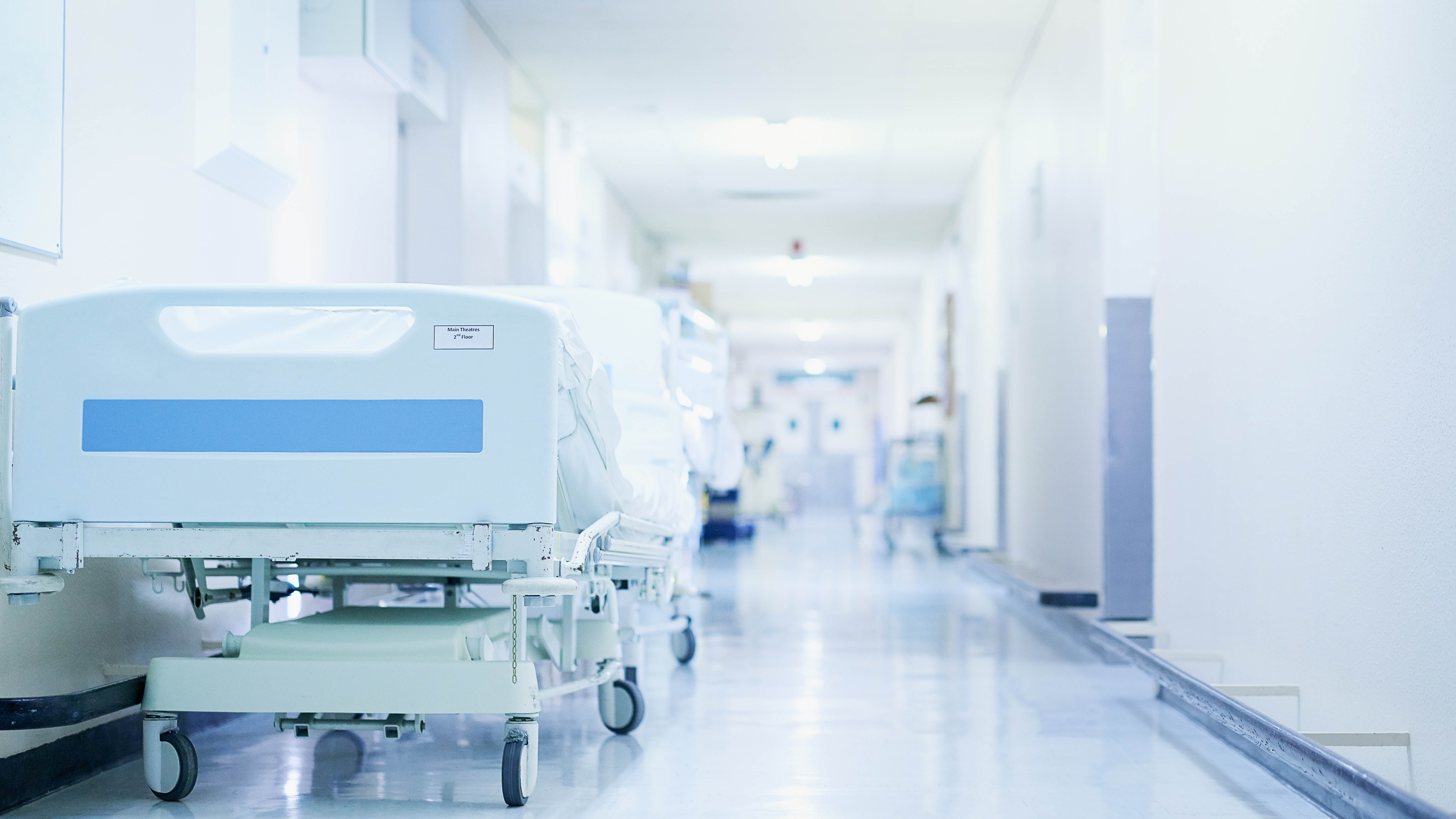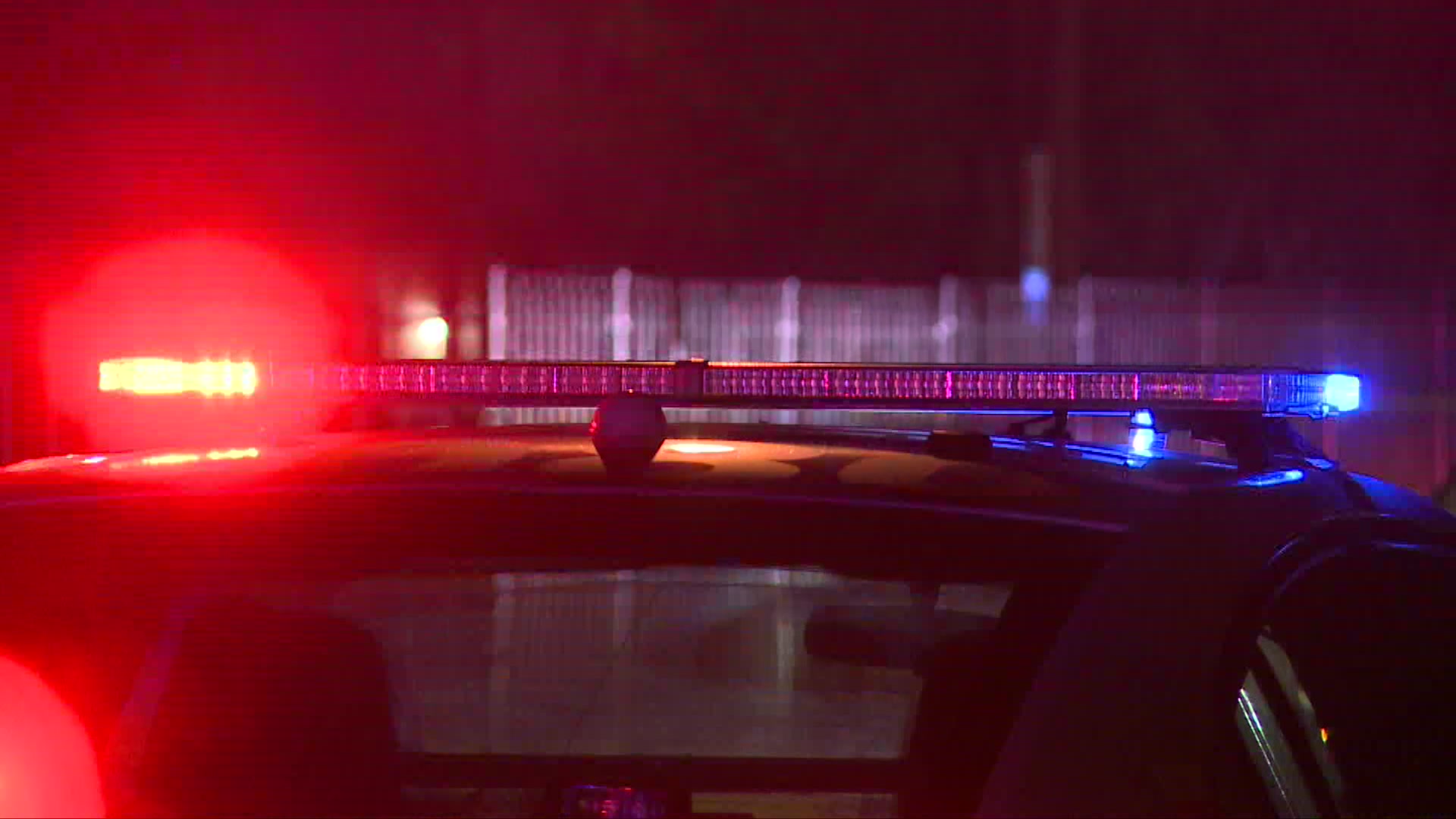As the two-year anniversary of a massive voluntary recall of sleep aid devices approaches, many sleep apnea patients are still having to make a difficult choice each night: choose to not use the device prescribed by their physicians and risk not breathing while sleeping, or use the device and face the risk of a wide-range of warned illnesses, including cancer, by the Food and Drug Administration.
Many CPAP, Bi-PAP and ventilator devices were voluntarily recalled by Philips Respironics back in July 2021, after it was discovered a noise-canceling foam inside, now thought to be carcinogenic, could break down and be inhaled by the user while they sleep.
More than 15 million devices worldwide were recalled, records from the FDA show, and Philips says it remains a “top-priority” to repair or replace every single one, a momentous task that is taking time.

While weighing the risks of using the device in the interim, sleep apnea patients were dealt a gut-punch from the FDA: Regulators have received more than 98,000 medical device reports of a wide range of injuries tied to the foam breakdown, including “cancer, pneumonia, asthma,” and “other respiratory problems.”
The FDA said among those reports are 346 potential deaths.
On its website, Philips has disputed these figures, stating the “vast majority” of those medical device reports “are alleged technical malfunctions that do not involve serious injury.”
Local
The company says it “has found no conclusive data linking these devices and the deaths reported.”
The ramifications from this recall continue to multiply.
Feeling out of the loop? We'll catch you up on the Chicago news you need to know. Sign up for the weekly Chicago Catch-Up newsletter here.
NBC 5 Responds previously reported that an FDA inspection of Philips’ facilities and internal records revealed that employees of the company, including Philips’ Executive Management, may have known about the problems and risks with its devices for years but did not immediately act.
In response, Philips told NBC 5 it had only received a “limited” number of complaints “related to foam degradation, which were evaluated and addressed on a case-by-case basis."
Then, in a call with shareholders last year, Frans van Houten, who served as CEO for Philips Respironics and its subsidiaries, said the company was served a subpoena by the U.S. Department of Justice in connection to an ongoing investigation into the sleep aid device recall.
Months following that revelation, van Houten stepped down as CEO, according to a company news release.
All of the revelations into these devices, and the company behind them, have left many Philips users feeling uneasy.
“It's bringing tears to my eyes,” said Philips user Carla DeYoung of Frankfurt, Ill. “Something that is supposed to be life-saving, so that you don’t have any kind of heart ailment, may cause your death? Even one is too many.”
DeYoung told NBC 5 Responds she has relied on her Philips Bi-PAP machine for 12 years now after a sleep test revealed she has trouble breathing while sleeping.
DeYoung said she first learned about the recall of her sleep-aid device, not from Philips, but from NBC 5 Responds’ reporting, a fact that still frustrates her to this day.
“This is something very serious,” DeYoung said. “This is something that is breaking down inside the machine and you're breathing it in and it could cause cancer. I think they have a huge obligation to the users of their devices to let them know.”

DeYoung said she immediately filed a claim with Philips after the recall was announced and was told from the start her device was too old to repair and she would need a new replacement device.
But nearly two years later, DeYoung still hasn’t received it.
Recently, when she followed up with Philips, DeYoung said she was told the new device was already mailed out, but to somewhere unexpected.
“'It's been referred to the [Veteran Affairs],'" DeYoung said Philips told her. “And I said, ‘Well, why would that be when I'm not a veteran?’”
DeYoung has no ties to the VA and had no idea why Philips sent her device to a VA facility, so she contacted NBC 5 Responds for help.
“After NBC 5 Responds contacted them, I got a phone call the very next day from a rep at Philips,” DeYoung explained. “She said, ‘Absolutely, you'll be getting a new machine. I'm gonna get this straightened out for you.’”
DeYoung’s new device was sent to the VA “by mistake,” Philips told her. The company told NBC 5, “We regret the delay and are working to address the matter.”
Philips said it has “produced more than 90% of all the new replacement devices and repair kits needed for the remediation program globally,” and that, “completing the program remains [its] highest priority.”
No timeline was shared for when those units and repair kits will be mailed out.
To learn how to register your device with Philips Respironics, click here.
While she waits, DeYoung worries there still could be users out there using machines, unaware of the risks.
She said, “Even if this reaches one person who still hasn't heard about the recall, it's all worth it.”
Below is a complete list of the Philips Respironics machines that are impacted, according to the FDA:
CPAP and BiPAP Devices
| Device Type | Model Name and Number (All Serial Numbers) |
| Continuous Ventilator, Minimum Ventilatory Support, Facility Use | E30 (Emergency Use Authorization) |
| Continuous Ventilator, Non-life Supporting | DreamStation ASV, DreamStation ST - AVAPS, SystemOne ASV4, C-Series ASV, C-Series S/T and AVAPS, OmniLab Advanced+ |
| Noncontinuous Ventilator | SystemOne (Q-Series), DreamStation, DreamStation Go, Dorma 400, Dorma 500, REMstar SE Auto |
Ventilators
| Device Type | Model Name and Number (All Serial Numbers) |
| Continuous Ventilator | Trilogy 100, Trilogy 200, Garbin Plus, Aeris, LifeVent |
| Continuous Ventilator, Minimum Ventilatory Support, Facility Use | A-Series BiPAP Hybrid A30 (not marketed in the US), A-Series BiPAP V30 Auto |
| Continuous Ventilator, Non-life Supporting | A-Series BiPAP A40, A-Series BiPAP A30 |



